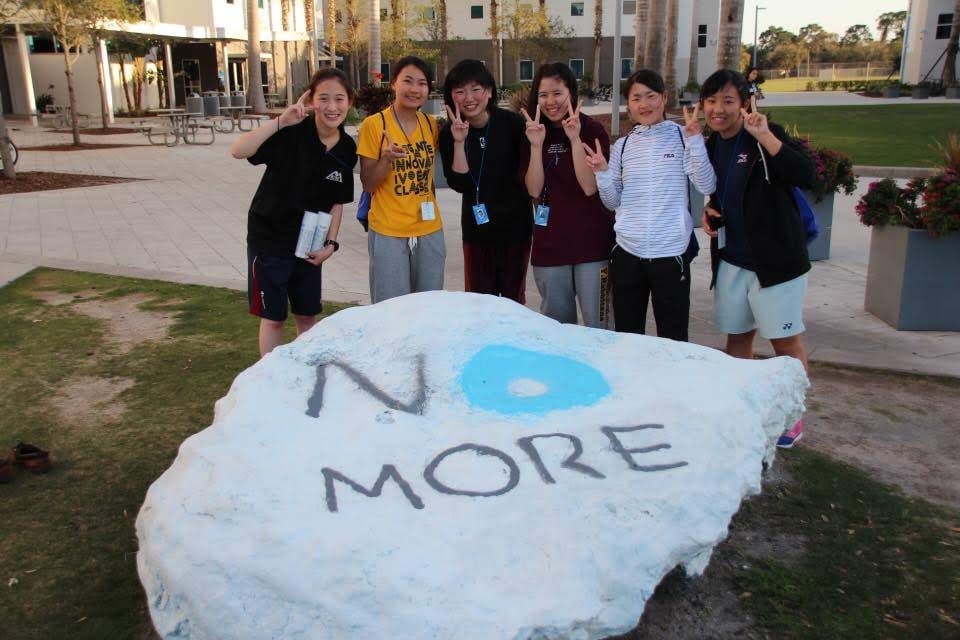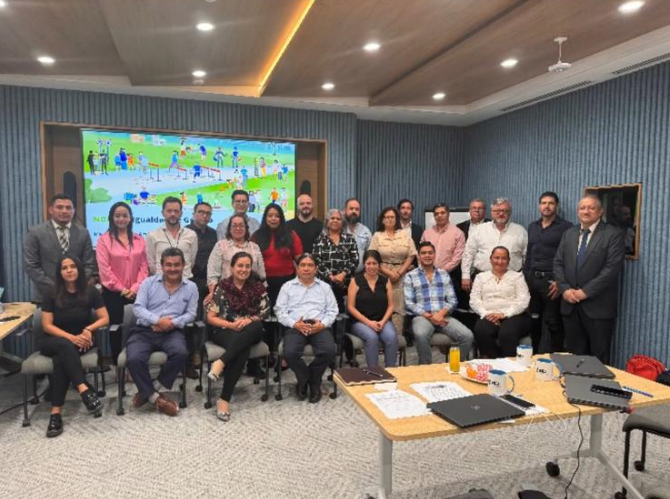We Can Change Culture

The Realm of Social Change.
There exists an undeniable truth: culture shifts when voices unite in a resounding chorus against injustice. This is particularly evident in the movement to end domestic and sexual violence, where individuals speaking up have been instrumental in reshaping societal norms and fostering a culture of accountability and support. In this article, we delve into the transformative power of voices, exploring how they catalyze change, empower survivors, and pave the way for a safer, more compassionate world.
At the heart of the movement to end domestic and sexual violence lies the recognition that silence perpetuates harm. For far too long, these issues have been shrouded in secrecy and stigma, allowing perpetrators to operate with impunity while survivors suffer in silence. However, as survivors and advocates courageously step forward to share their stories, they shatter the walls of silence and shame, illuminating the prevalence and impact of these forms of violence.
Challenging Attitudes
One of the most profound ways in which speaking up transforms culture is by challenging entrenched attitudes and beliefs. By sharing their experiences, survivors confront misconceptions and myths surrounding domestic and sexual violence, debunking harmful notions that blame victims or trivialize the seriousness of the issue. Their voices serve as a powerful antidote to victim-blaming culture, fostering empathy, understanding, and solidarity within communities.
Moreover, speaking up creates ripple effects that extend far beyond individual narratives. When survivors bravely share their stories, they inspire others to break their silence and seek support. This collective courage not only amplifies the voices of survivors but also emboldens bystanders to intervene and hold perpetrators accountable. As more individuals speak out against domestic and sexual violence, the taboo surrounding these topics diminishes, paving the way for meaningful conversations, policy reforms, and systemic change.
Subscribe for free to gain access













